Delayed, irrelevant, phenomenon: How Fortnite became the biggest game in the world
A step-by-step history of Fortnite's troubled production and the Battle Royale mode's incredible rise.
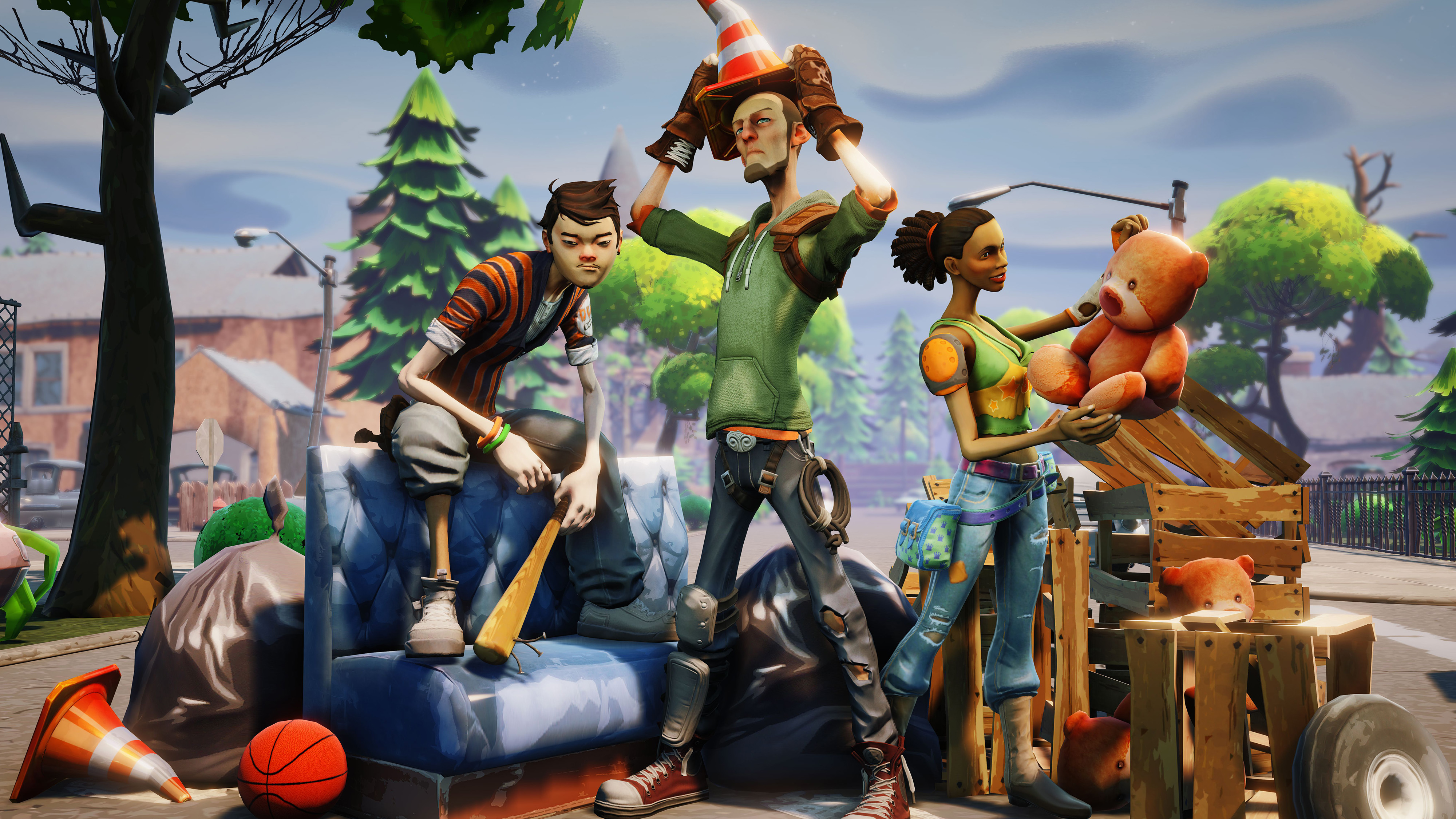
If you follow the games business closely, you've undoubtedly had a few vertigo-inducing moments over the last few months when it occurs to you that Fortnite—yes, that Fortnite—is the hottest thing in the world. Honestly, we've lived within the Fortnite development cycle for seven years, and for most of that time it's carried the reputation of either a troubled project or a piece of flat-out vaporware. That Epic has proven us all gloriously wrong is one of the greatest gambits in the history of the industry.
However, you can't chalk all this up to poetic destiny. Sure, Fortnite did eventually find Valhalla, but not after resignations, rescopings, and company-wide restructurings—a lot of luck, and a lot of hard work. We paged through the tumultuous history of Fortnite, all documented in concerned reports filed by skeptical journalists over the past decade, to bring you a short timeline of Epic's once-and-future king. We begin, as always, at the VGAs.
December 10, 2011: Fortnite officially announced at the VGAs
The story of Fortnite begins in a moment of incredible optimism. Epic Games had just closed the book on Gears of War 3, thus wrapping up the most profitable and culturally resonant boom period of the company. They were leaving that publishing deal with Microsoft behind to chart a new path with a cartoony, Minecraft-lite co-op shooter called Fortnite (then stylized as FORTnITE). It was announced in a short teaser in the middle of the 2011 VGAs—to give you a perspective on how long ago that was, the game that won that year was Skyrim.
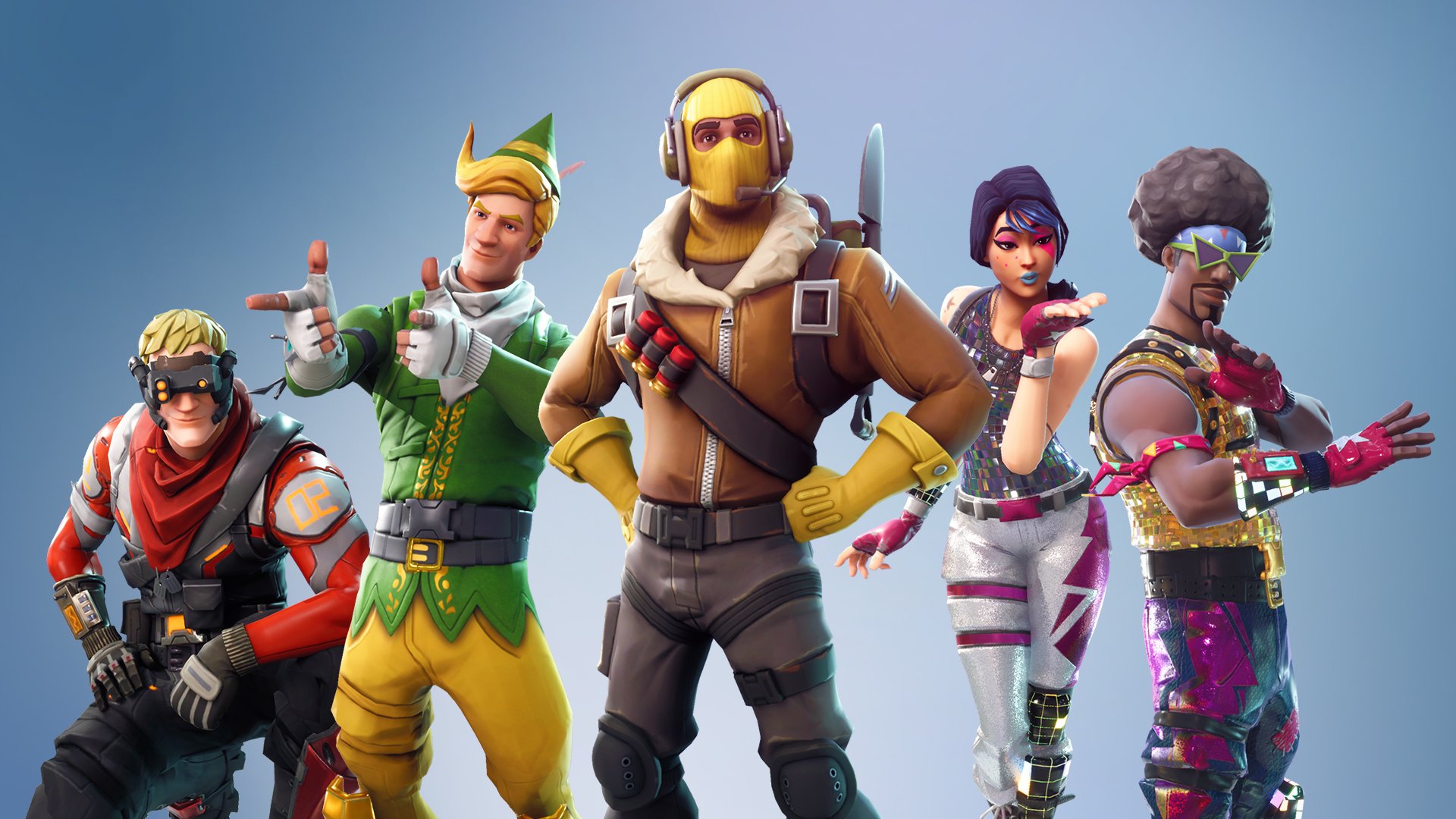
What's new with the latest Fortnite season
The best Fortnite creative codes
The optimal Fortnite settings
Our favorite Fortnite skins
The best Fortnite toys
The perpetually breezy Cliff Bleszinski took the stage to offer a few scant details, saying, "We’ve had amazing success with games like Gears of War and Infinity Blade this year, but we decided it was time to switch things up a little bit and do something different and fun. Imagine a world where you explore, you scavenge, you build and ultimately you survive."
In 2017, Epic creative lead Donald Mustard clued us in on the chaos of Fortnite's early development when he told Ars Technica that the VGAs unveiling was orchestrated only three weeks after Epic came up with the design doc. Fortnite wasn't a game, or even a proof of concept, when Epic told us they were making it, and that became increasingly apparent as the delays piled on.
July 12, 2012: Fortnite gameplay shown for the first time at San Diego Comic Con
In a surprising move, Epic decided to eschew the traditional E3 soiree to instead host Fortnite's coming out party at San Diego Comic Con. Coincidentally, I actually attended this panel as a fan, long before I was involved in the games media.
The show's tone was extremely casual. Bleszinski was there, as well as a selection of high-ranking Epic officials, and they all seemed incredibly stoked to not be developing another grim, gun-metal dudebro shooter. (Bleszinski actually showed off some early Fortnite concept art, which was barren and apocalyptic, as an example of what they were trying to avoid once they pivoted to the sprightly look it has today.) Looking back, it's surprising to consider that through all the uncertainty over the course of Fortnite's development, the overarching structure stayed pretty consistent. In the tech demo we saw, players harvested raw materials to throw up fortified homesteads, blueprinted out on an invisible grid. Did Epic think that those creative building tools would be used in a bloodthirsty deathmatch? Probably not, but these ideas still paid off eventually.
Keep up to date with the most important stories and the best deals, as picked by the PC Gamer team.
Also, this was the panel where Bleszinski said that Fortnite would be a PC exclusive, and that Epic were overjoyed to be coming home to the platform that raised him and the company. Oops!
Summer 2012: Tencent buys a huge stake in Epic, and the company reconsiders its priorities while numerous staffers leave

Jeremy Peel at PCGamesN published a great story back in January about the internal strife and reappropriation that dogged Epic during its first post-Gears years. Things get complicated whenever you talk about massive corporate rescaling, but essentially, shortly after Fortnite's announcement, the braintrust at Epic realized that the traditional business model of shipping a new game every two or three years was quickly becoming untenable. Epic looked at the ridiculous success of League of Legends—a game published by Riot, another independent company—and wanted to create something equally self-sustaining. So it partnered with Tencent, the Chinese multimedia conglomerate, who purchased a 40 percent stake in the company. The goal from the start was to make Fortnite Epic's first games-as-a-service initiative, to build a product that would generate cash long after the release date.
The terms of the Tencent purchase were first reported in early 2013, and while this has never been confirmed in specifics, it seems likely that the deal lead to a number of high-profile exits from Epic. Cliff Bleszinski was the first, who then went on to found BossKey Productions, (who shipped a decent arena shooter in LawBreakers last year.) He was followed by former president Mike Capps, who said he was retiring from the industry all together. We'll probably never know what exactly happened in the interim years before Fortnite's release date, but, well, it doesn't seem particularly happy.
Spring, 2014: Fortnite re-debuts on the cover of Game Informer
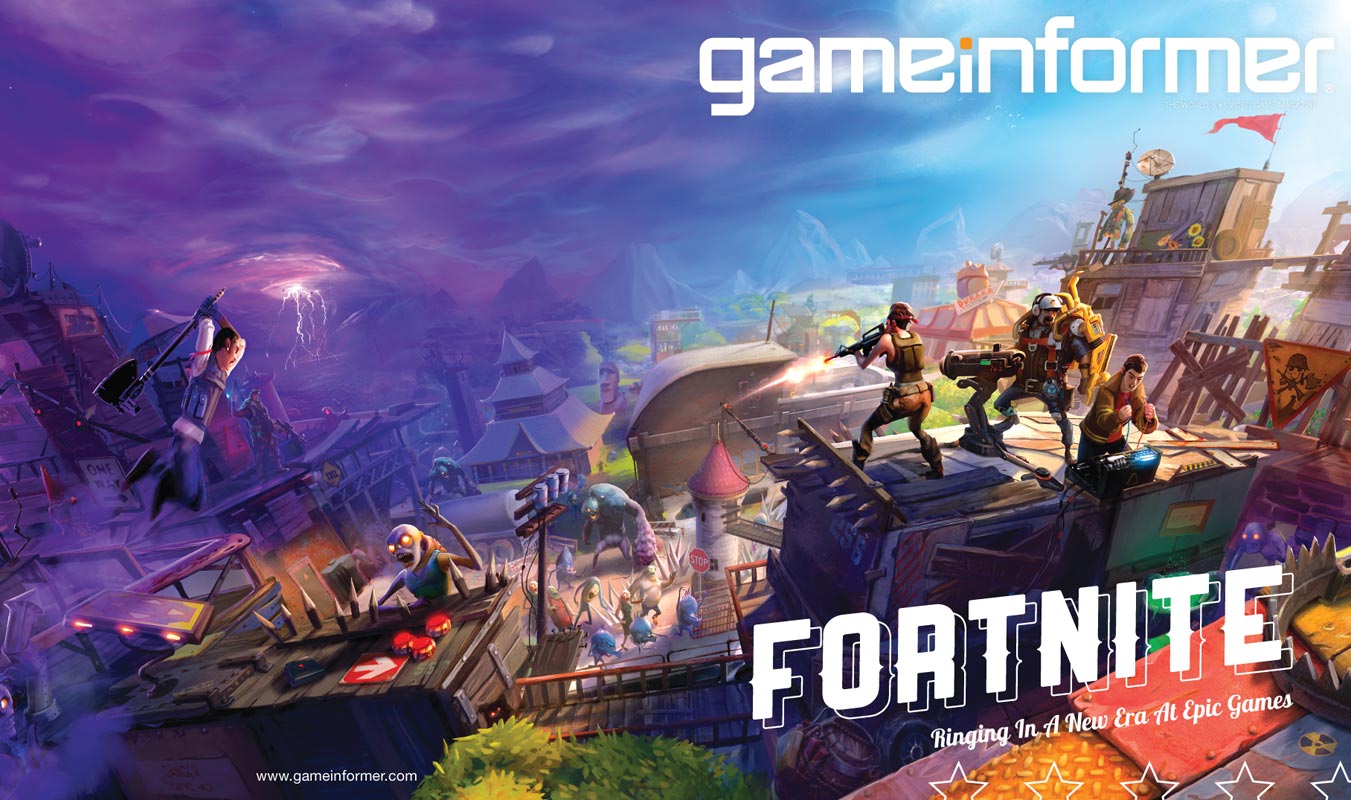
The thing about Fortnite is that despite its protracted development cycle, the buzz surrounding the game had always been positive. It's strange to read Game Informer's glowing cover story four years later—especially when you consider how Fortnite's eventual Early Access release was still three years away—but it looked good! It was in this feature where Epic announced that Fortnite would include Diablo-style loot, an RPG progression framework, and most importantly, be free-to-play. Rob Zacny's impressions at PCGamesN were equally optimistic in retrospect: he included his thoughts on a team-based multiplayer mode that felt like a "work-in-progress." Truly, nobody discovered the potential of competitive Fortnite until the moment Battle Royale was released.
March 17, 2016: Epic doubles-down on Paragon, tells concerned fans that Fortnite is still in development
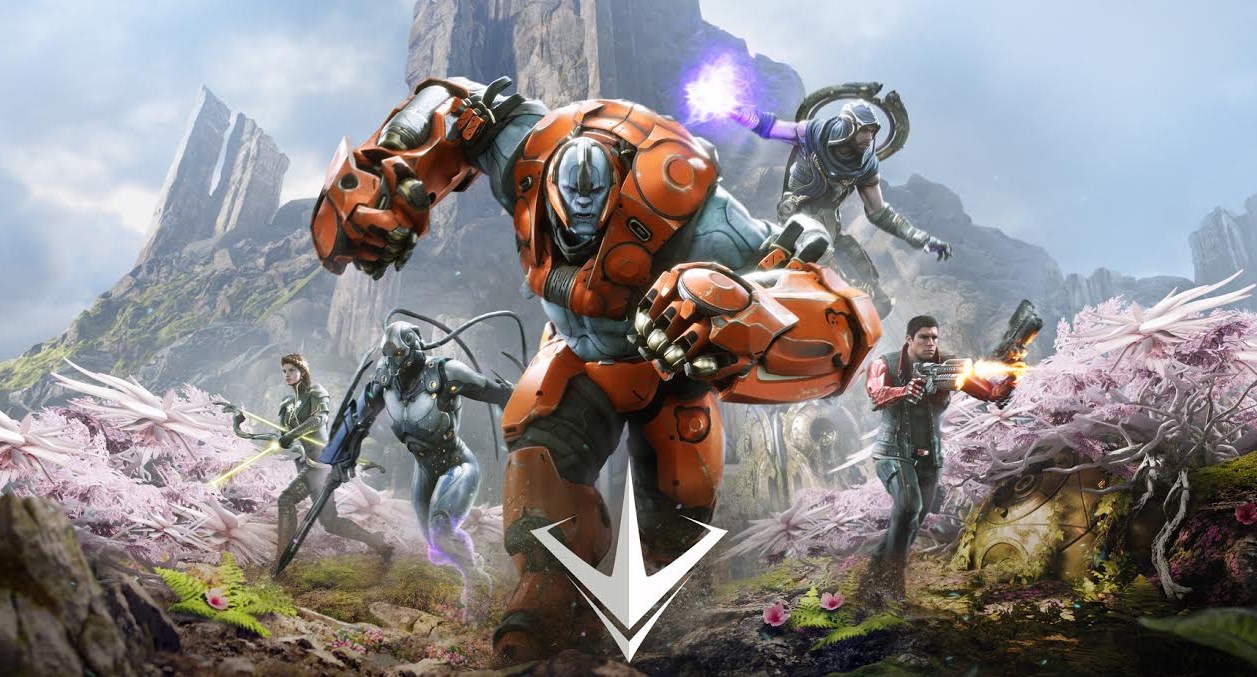
Out of all the news stories in this timeline, this one might be the cruelest. Yes, once upon a time, Fortnite's burgeoning community of fans were terrified that Epic's third-person MOBA Paragon might oust their ambitious building game. This was in early 2016, after Fortnite had been through a few stress tests and closed betas, with no release date in sight. "We figure we should start with one major successful launch and do one at a time, Fortnite will be next," said CEO Tim Sweeney. "It's a game that takes time to get right. It remains a huge priority for Epic."
You probably know the story from here. Paragon failed to find a sustainable audience, and bounced around Early Access for a few more years before being unceremoniously shitcanned by the Epic braintrust. "The humbling success of Fortnite has caused us to question if we have a good path to grow Paragon and make it thrive," said community coordinator Edgar Diaz, in a candid Reddit post. What a difference a year makes!
July 25, 2017: Fortnite finally, finally hits early access
Yes, in the summer of 2017, after six years of development, a massive company-wide rescoping, the departure of several key higher-ups, and the impending destruction of Paragon, Fortnite hit Early Access on all platforms… and made a medium-sized splash. It's hard to remember now that we live in a world where Drake is jumping on livestreams, but I think we all remember people playing that Early Access release, and coming away with subdued, but mostly-nice things to say. The PvE experience (now called Save The World, then called, simply, Fortnite) earned genial takes from thoughtful websites, and I think most people were happy that Epic finally managed to get a working piece of software out the door. Three months later, everything changed.
September 2017: Epic launches Fortnite: Battle Royale, Bluehole gets salty
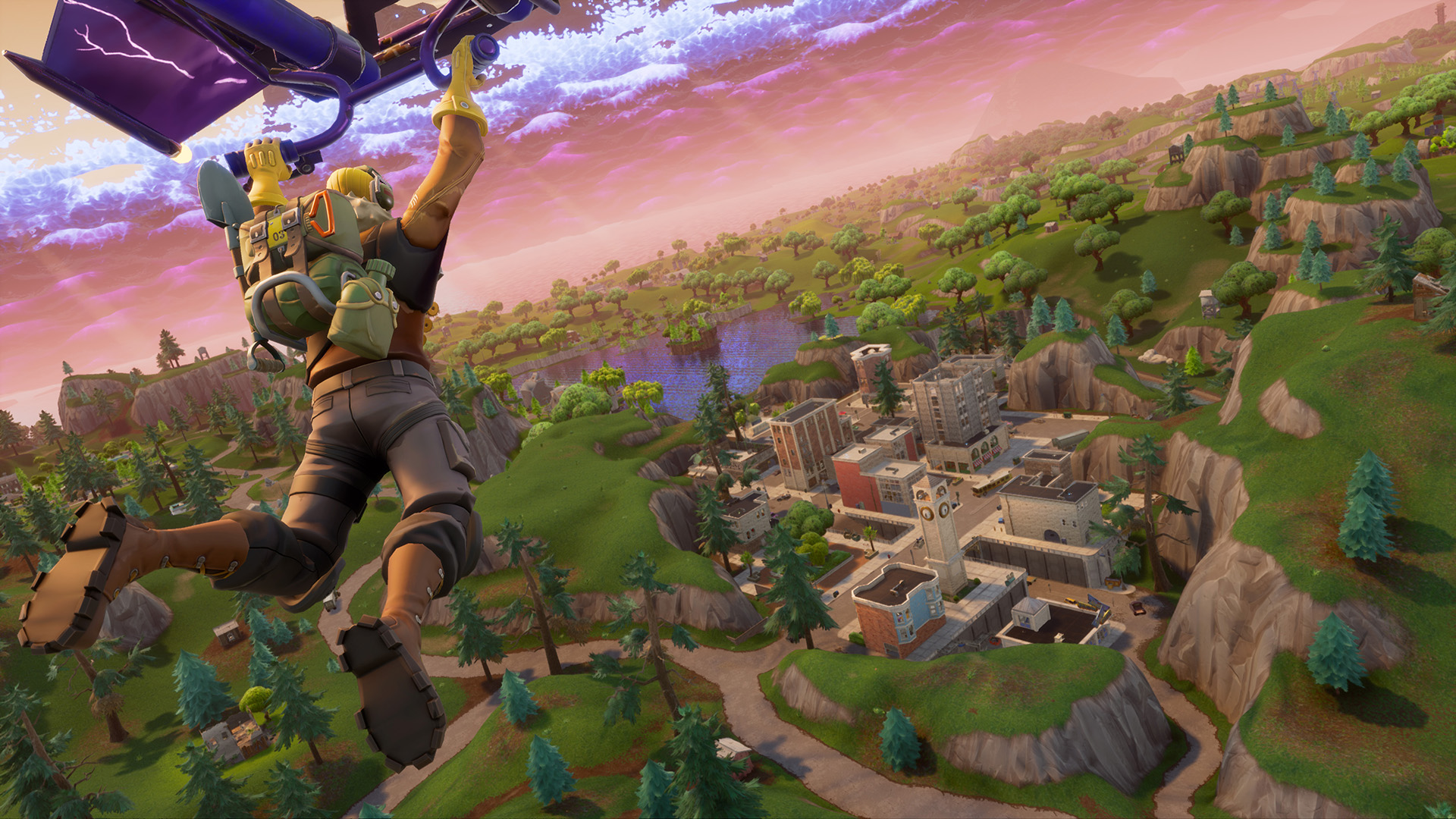
Okay, now we're getting to it. In mid-September, Epic released a PvP module for Fortnite, titled, unscrupulously, Fortnite: Battle Royale. In any other year this wouldn't have been a point of controversy, but in late 2017 PlayerUnknown's Battlegrounds was tearing up the Twitch and Steam traffic counts, and making a pretty compelling argument for being the most popular game in the world. Brendan "PlayerUnknown" Greene is one of the foremost thinkers of the Battle Royale genre (he was personally responsible for the Arma mods that initially made the mode popular) and Bluehole came out swinging.
"Fortnite may be replicating the experience for which PUBG is known," read a strongly worded press release from PUBG developers Bluehole, which also threatened "further action."
"We have also noticed that Epic Games references PUBG in the promotion of Fortnite to their community and in communications with the press," continued Bluehole vice president Chang Han Kim. "This was never discussed with us and we don't feel that it's right."
The copycat incident Chang Han Kim is referencing came in a Playstation Blog post from Epic Creative Director Donald Mustard, who effectively told anyone complaining about Epic stealing PUBG's ideas to kick rocks. "Yeah, we made a PvP mode for Fortnite," he said. "We love Battle Royale games like PUBG and thought Fortnite would make a great foundation for our own version."
At the time, it read as both depressing that Epic was jumping onto a huge multiplayer trend to inject some life into a flailing project, and petty that Bluehole seemed to think they deserved full ownership of a vague, unpatented genre. Looking back, maybe they were right to be afraid. As a big stakeholder in Epic Games and the Chinese publisher for PUBG, Tencent wins either way.
November 2017: Rocket-riding sets the tone and cadence for Battle Royale updates
When it first launched, Fortnite Battle Royale was an empty, cartoonish PUBG impression. Being free didn't hurt, but there wasn't much incentive to make the leap from one to the other, and everyone knows that cartoon graphics are for babies anyway.
But a string of updates including the discovery of an exploit would quickly change the direction Fortnite grew in and how it was perceived.
On October 26, 2017, Epic released update 1.8, a bundle of small fixes, changes, and additions wrapped up in a thematic Halloween package. A key component of the update was the addition of pumpkin rocket launchers, an innocuous reskin of the existing launcher that did exactly what it advertises. No one is sure who discovered the exploit, but perhaps because the pumpkin rockets were so much bigger than the usual RPGs, players experimented with leaping onto them as they passed by.
Stupidly, it worked, leading to some of the most showy, skillful kills performed since. The trick was so beloved and popular that Epic folded rocket-riding back into the vanilla rocket launcher, and it's still generating ridiculous plays.
Epic turned around with another left-field update a week later, introducing bush camouflage into the arena. And the week after that Epic released launch pads, deployable 'traps' that gave players a second chance at skydiving. Both updates, however minor, significantly changed how Fortnite played in a short period of time, providing countless new ways to use simple tools for subterfuge and aggression. Fortnite began developing character, a bright, playful arcade shooter to PUBG's grim, realistic military stylings.
Since, Epic has introduced new weapons, new tools, and temporary modes like 50v50 on a near weekly basis, and shows no signs of stopping.
March 14, 2018: Drake plays Fortnite
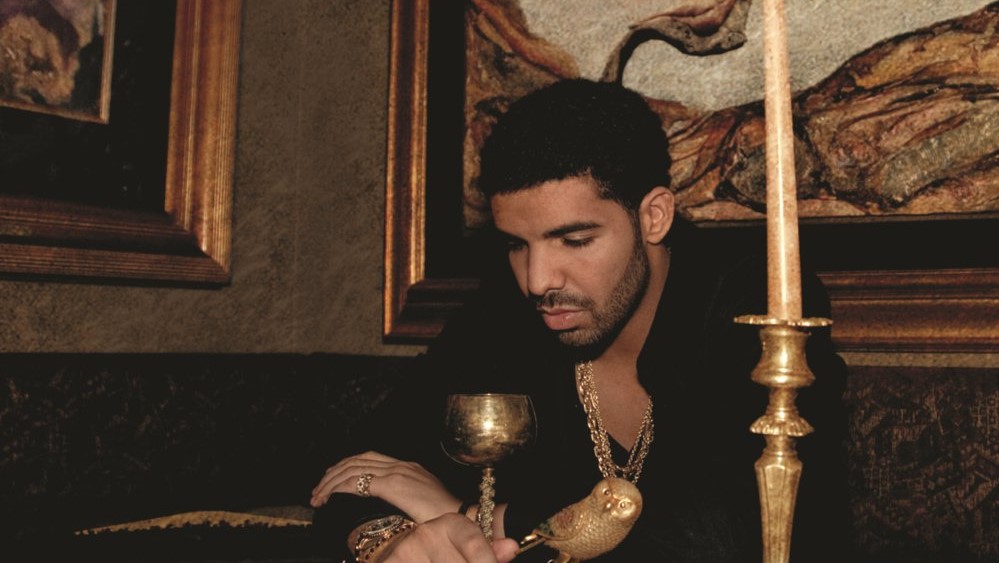
As with any major trend in the world, success is always codified by Drake. In March, Fortnite was put on a truly international platform, when celebrities Drake, Travis Scott, and JuJu Smith-Schuster joined megastreamer Ninja's broadcast for a long night of victory royales. They smashed the Twitch concurrent viewership record with more than 600,000 people tuned in to watch. Though he was already a big streamer, Ninja's star rose considerably in March. He'd picked up more than 50,000 new streamers in late February and early March before streaming with Drake. He's now raking in more than $500,000 per month.
2018 to ???: Fortnite becomes the hottest game on Twitch and the world, PUBG blinks
Right now, Fortnite is the most watched game in the world, averaging 139,000 viewers on Twitch every week. As Kotaku's Cecilia D'Anastasio points out, that's double the traffic of PUBG, which had unseated League of Legends just months before.
This puts PUBG in a unique position. Brendan Greene penned a blog post outlining the 2018 roadmap. Most notably that includes a smaller map and a goofy emote system—two tricks pulled directly from the Fortnite playbook. How the tables have turned!
The rest of 2018 is shaping up to be a bloodbath. Already, we've seen the baton passed from H1Z1, to PUBG, to Fortnite—all of which happened within the last year. With new games in the genre on the horizon like The Darwin Project, and rumors swirling about some truly bananas experiments, like a Red Dead Redemption 2 Battle Royale mode, it sure feels like this particular cycle is far from over. One thing we know for sure though: There's only one chicken dinner.

Luke Winkie is a freelance journalist and contributor to many publications, including PC Gamer, The New York Times, Gawker, Slate, and Mel Magazine. In between bouts of writing about Hearthstone, World of Warcraft and Twitch culture here on PC Gamer, Luke also publishes the newsletter On Posting. As a self-described "chronic poster," Luke has "spent hours deep-scrolling through surreptitious Likes tabs to uncover the root of intra-publication beef and broken down quote-tweet animosity like it’s Super Bowl tape." When he graduated from journalism school, he had no idea how bad it was going to get.

